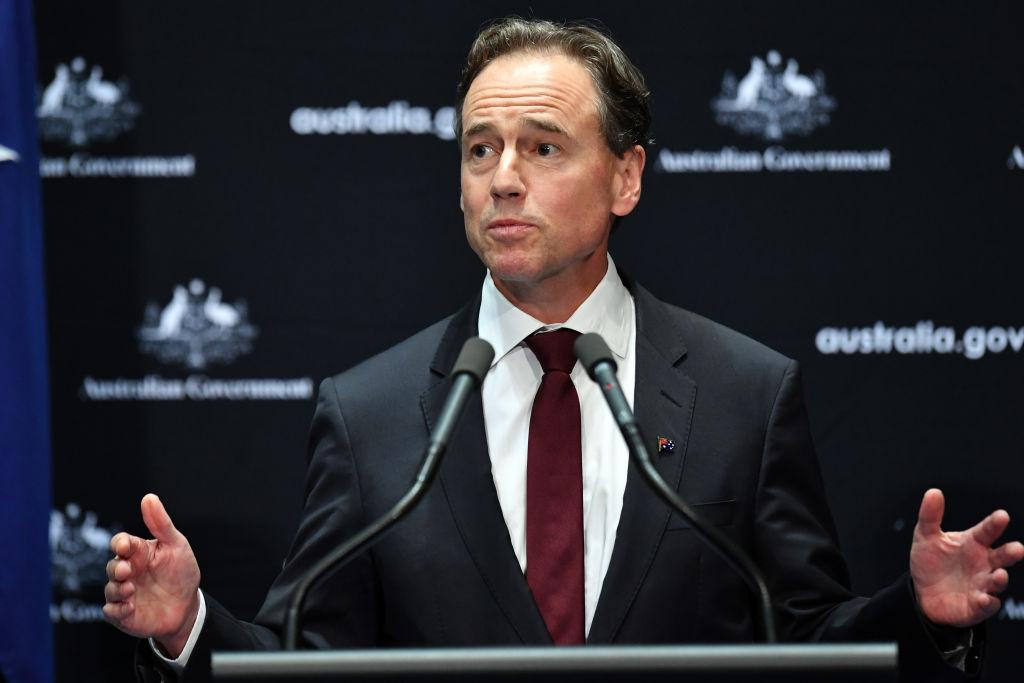Australian Health Minister Greg Hunt says there are clear signs that the spread of the Omicron variant of the coronavirus is peaking in some east coast states.

Australian Health Minister Greg Hunt at a press conference in the Main Committee Room at Parliament House in Canberra on April 8, 2020. Sam Mooy/Getty Images
|Updated:




